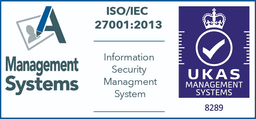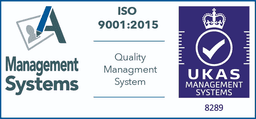Security at Thirdfort
Thirdfort is committed to maintaining appropriate technical and organisational measures to protect our data against unauthorised or unlawful processing.
Password security and authentication
Data protection at Thirdfort
Security certifications and accreditations
We currently hold the following certifications and accreditations:
Digital Identity and Attributes Trust Framework
A government (DSIT) certification scheme under which Thirdfort has been certified as a Identity Service Provider (IDSP).

ISO27001
A globally recognised information security standard which provides a framework and guidelines for establishing, implementing and managing an information security system.

ISO9001
The international standard for a quality management system, designed to help organisations demonstrate their ability to consistently meet customer and regulatory requirements and continuously improve customer satisfaction.